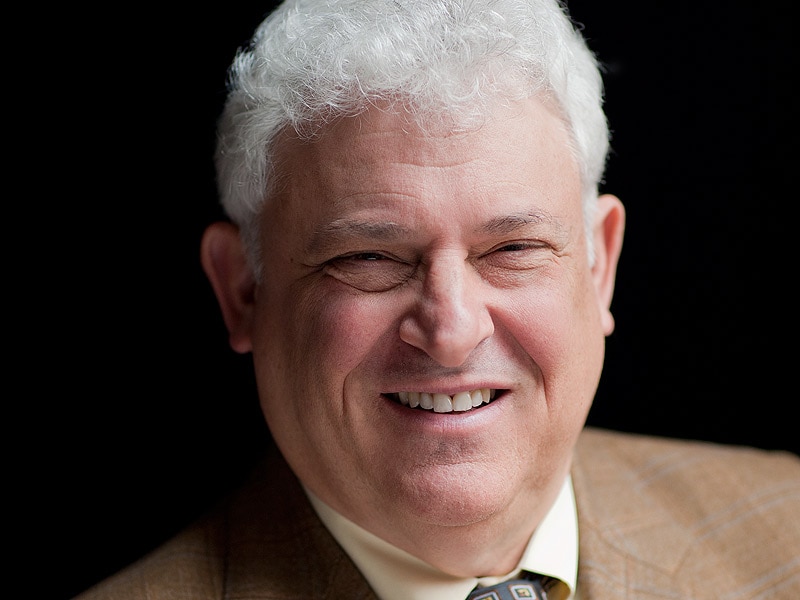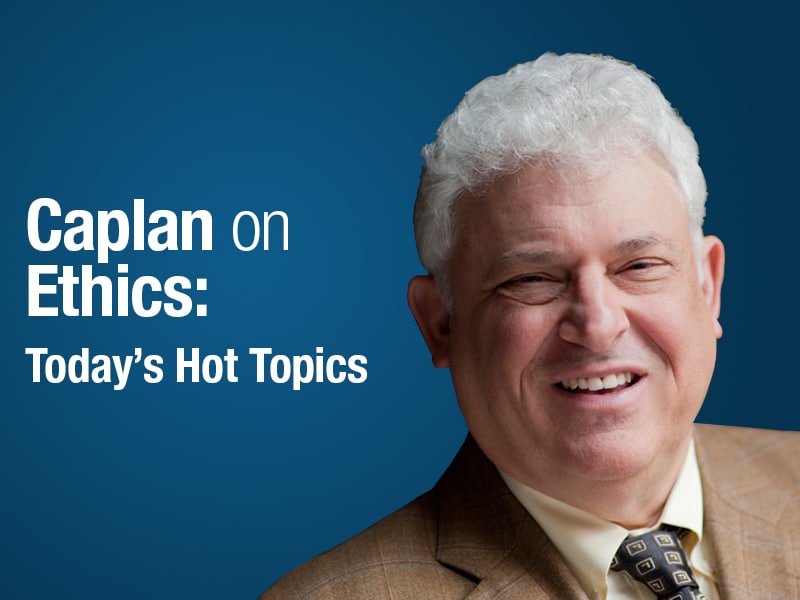faustmanlab.org uspto.gov faustman dl
pubmed.org faustman dl
pubmed.org ristori + bcg
ignorant stupid citizens of the us are beiing injured and maimed by the fsilure of bcg to be as easily availsble as heoin snd fentsnyl
isis are honest murderers and not pretentious like the us medical doctors
COMMENTARY
Should the FDA Rush Drug Approvals When Patients Demand It?
|
Hi. I'm Art Caplan, from the Division of Medical Ethics at the New York University Langone Medical Center.
If a child is being treated with a drug that they and their family believe to be beneficial, who should decide whether they can continue to receive it? This issue was recently raised regarding eteplirsen, a drug for treating Duchenne muscular dystrophy. A huge hearing took place at the US Food and Drug Administration (FDA) in Hyattsville, Maryland, attended by parents, their wheelchair-bound children with this condition, and scientific experts. The tremendous interest in the drug and the questions surrounding its use required the FDA to use a larger meeting hall than they usually do.
The advisory committee recommended against approving this drug or allowing accelerated access to it. That led to quite a backlash from upset and outraged parents as well as young patients suffering from this condition, who believe that this drug helps them with improved mobility. They wondered why the FDA didn't listen to them, instead of just looking at the data. The data consisted of a report on 12 patients. The drug is for a relatively rare condition and comes from a small company that didn't produce it in substantial amounts.
Doctors often get requests from patients for drugs they've seen on the Internet or heard about from a neighbor, which they think might help them. They want to know how they can access something that isn't yet approved. It is true that the FDA should not be modifying its standards of evidence even in the presence of testimonials from parents or, in this case, young children, saying that a drug helps. The FDA's job is to get drugs out on the market that are proven safe and effective. In this case, there simply were not enough data in place from the corporate sponsor to make that possible.
At the same time, companies shouldn't be deluding patients and families into thinking that they have enough data to go to the FDA. They shouldn't approach the FDA unless they truly have the available data to get approved. Relying on patient testimonials and lobbying is not the path to drug approval.
Should children who believe that they have been helped by the drug have continued access to it? I would say yes. Companies should form compassionate use programs to make particular drugs available while the studies continue. Some might ask who will participate in the study if they can get a drug through a compassionate use program. Companies have to establish limits to who can be in the compassionate use program, clearly state who is going be in the randomized trial, and ensure that they can do both as best as possible. Companies may also say that they can't afford such programs, as it's too expensive to make the drug. Compassionate use programs should therefore be factored into the cost of drug development to ensure that a drug is available for people when it appears to be safe and helping patients.
We have to listen to patients and their families. They sometimes detect improvements that would perhaps be harder to observe in a clinical trial. At the same time, we can't have public policy made solely on the basis of patients saying that a drug worked for them or helped them. There's too much history of bad experiences with treatments that ultimately didn't work out to trust only patient testimonials. The balance has to be there.
The FDA must take the long view by not approving treatments unless the evidence is truly there and supported by a sound study design in order to convince experts. Patients should have some access in situations where a treatment represents their last shot for help when they're losing their life or mobility. I think that we can do both, but I don't think asking the FDA to bend its rules will do the public or future generations any favors.
Thanks for watching.


No comments:
Post a Comment